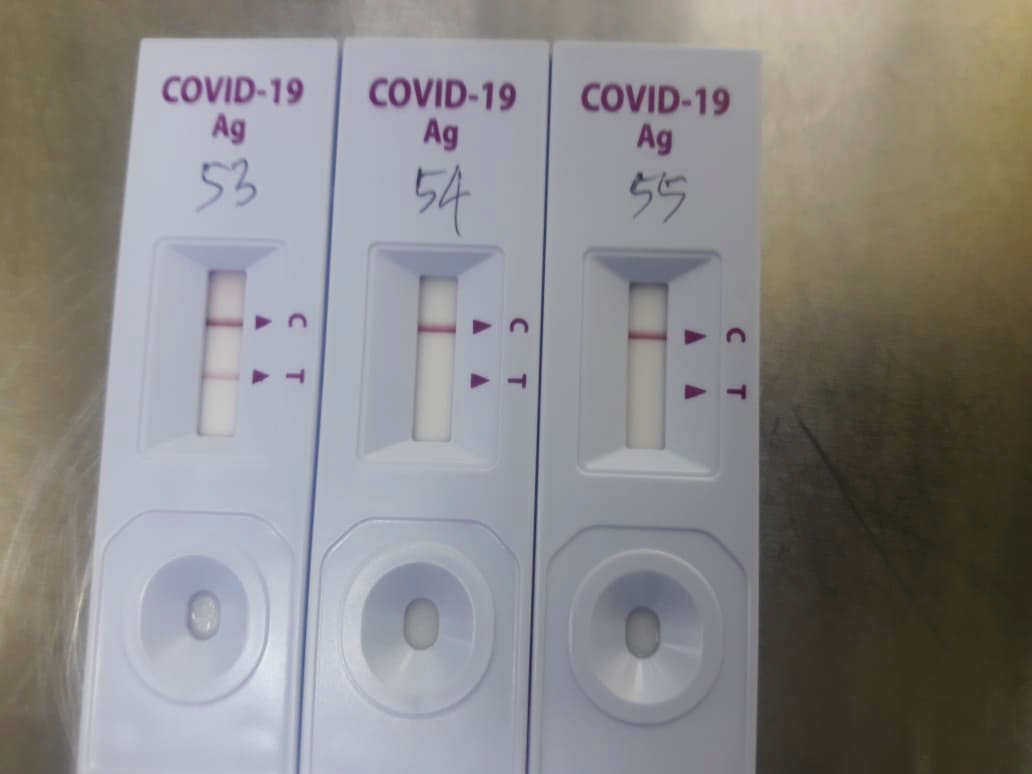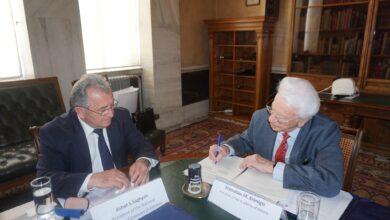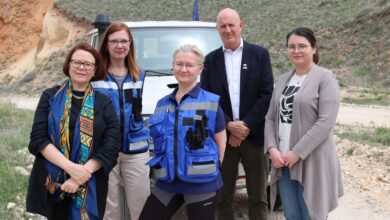
The World Health Organization (WHO) has delivered and provided the Ministry of Health with 40,000 rapid antigen tests for Covid-19. These tests detect proteins of the SARS-CoV-2 virus in infected persons quite quickly, the UN Office in Armenia reports.
Rapid antigen-detection testing allows early identification, isolation, and management of Covid-19 patients, which is vital for the control of the pandemic in the country. However, it is not suitable in all settings, and only health providers and public health professionals can decide in which setting and in what period from the onset of the disease it could yield reliable results.
Antigen-detection tests are yet the only type of rapid tests that could be used for diagnostic purposes of Covid-19, and there are very few of these tests that underwent regulatory reviews. Laboratories need to choose carefully to make sure they use the tests that met quality assurance requirements.
At the same time, these tests have a number of benefits: they are highly portable, scalable, easy-to-use and provide a flexible approach to helping more people in more places get access to reliable testing.
WHO guidance published highlights the value of these tests in areas where community transmission is widespread and where PCR testing is either unavailable or where test results are significantly delayed.








